Κείμενο
Καλημέρα, ονομάζομαι Στέλιος Πανταζής, είμαι γιατρός, είμαι εξειδικευμένος στην ιατρική διατροφολογία και στις διαταραχές του μεταβολισμού. Σήμερα θα ήθελα να μιλήσω για ένα πολύ σημαντικό θέμα, που έχει να κάνει με το σάκχαρο και την ινσουλίνη στο αίμα. Πριν από περίπου είκοσι χρόνια, κάποιοι πολύ έξυπνοι επιστήμονες που εδρεύανε κυρίως στο πανεπιστήμιο του Σίδνεϊ της Αυστραλίας, σκέφτηκαν να κάνουν, ένα πολύ έξυπνο πείραμα. Να δούνε με τι ταχύτητα, απελευθερώνεται η γλυκόζη, που έχουν οι τροφές στο αίμα, σε μια δεδομένη ποσότητα. Χρησιμοποιήσαν δηλαδή γεύματα, που είχαν συγκεκριμένη ποσότητα υδατανθράκων και είδανε σε πόσο χρόνο απελευθερώνονται αυτοί οι υδατάνθρακες στο αίμα. Αυτό το πράγμα, γινότανε σε υγιείς εθελοντές, οπού τους δίνανε, τρώγανε μια τροφή μπορεί να ήταν φρούτο, μπορεί να ήταν φαγητό μαγειρεμένο, μπορεί να ήταν πρώτη ύλη και μετά έκαναν εξετάσεις αίματος, κάτι αντίστοιχο με την καμπύλη σακχάρου, που κάνουν οι άνθρωποι για να δούνε αν πάσχουν από σακχαρώδη διαβήτη και είδανε με τι ρυθμό και τι ταχύτητα απελευθερώνεται, το σάκχαρο στο αίμα. Αυτό ήταν μια πολύ έξυπνη κίνηση και από εκεί βγήκε αυτό που ονομάζεται, γλυκαιμικός δείκτης. Ο γλυκαιμικός δείκτης, μας δίνει μια εξαιρετική εικόνα για την τροφή, για το πόσο γρήγορα ανεβάζει το σάκχαρο στο αίμα μας. Ο γλυκαιμικός δείκτης, είναι μια πολύ καλή και έξυπνη και χρήσιμη εφεύρεση που μας άνοιξε τα μάτια σχετικά με κάποιες τροφές, δηλαδή, αρχίσαμε να τις βλέπουμε με διαφορετικό μάτι, κάποιες που θεωρούσαμε, ότι μάλλον είναι βλαβερές, αρχίσαμε να πιστεύουμε ότι μάλλον είναι καλύτερες απ’ ότι πιστεύουμε και αυτό αφορά κυρίως τα φρούτα, που πολλοί στο παρελθόν είχαν προβληματιστεί με το γεγονός, ότι είναι γλυκά και πόσο επηρεάζουν το ζάχαρο κτλ. κτλ. και να δουν χαμηλό γλυκαιμικό δείκτη. Ο χαμηλός γλυκαιμικός δείκτης είναι κάτι καλό, σημαίνει δηλαδή ότι το ζάχαρο στο αίμα, ανεβαίνει αργά και είναι κάτι που το θέλουμε, ενώ κάποιες άλλες τροφές τις οποίες τις βλέπαμε γενικά με καλό μάτι,

φάνηκε ότι τελικά δεν ήταν τόσο υγιείς γιατί απελευθερώνουν υδατάνθρακες, πολύ γρήγορα στο αίμα μας και αυτό βάζει τον οργανισμό σε μια ορμονική κατάσταση, που δεν είναι επωφελής. Για 20 χρόνια, μας καθοδήγησε ο γλυκαιμικός δείκτης, αλλά σε αυτή την 20ετία, είδαμε τους περιορισμούς του.Οι κύριοι περιορισμοί ήταν οι εξής, καταρχάς αυτή η έρευνα είχε γίνει κυρίως σε υγιείς εθελοντές, είδαμε λοιπόν, ότι οι άνθρωποι που πάσχουν από σακχαρώδη διαβήτη, αντιδρούν διαφορετικά, άρα δηλαδή τι σημαίνει, σημαίνει ότι αυτό είναι άχρηστο; όχι δεν είναι άχρηστο είναι χρήσιμο, αλλά είναι πιο πολύ χρήσιμο για άτομα, που δεν έχουν σακχαρώδη διαβήτη, για άτομα που έχουν σακχαρώδη διαβήτη, μπορεί τα πράγματα να είναι διαφορετικά και είναι διαφορετικά. Επίσης, ένα άλλο πρόβλημα είναι ότι μπορεί μια τροφή να μην ανεβάζει το σάκχαρο, αλλά να επηρεάζει την ινσουλίνη, αυτό φάνηκε στην πορεία, υπήρχαν τροφές οι οποίες δεν περιείχαν καθόλου υδατάνθρακες ή περιείχαν ελάχιστους υδατάνθρακες, παρόλα αυτά ανεβάζουν την ινσουλίνη, έτσι λοιπόν πριν από μερικά χρόνια, έγινε η ανανέωση, το update ας πούμε στην καμπύλη σακχάρου, στον γλυκαιμικό δείκτη, το οποίο λέγεται δείκτης ινσουλίνης. Ο δείκτης ινσουλίνης είναι ότι, αντί να βλέπουμε πόσο ανεβάζει το σάκχαρο μια τροφή, πάμε ένα στάδιο πίσω και βλέπουμε πόσο ανεβάζει την ινσουλίνη, αυτό είναι πολύ σημαντικό για τα άτομα που φοβόμαστε μην πάθουν σάκχαρο στο μέλλον και για τα άτομα που έχουν σάκχαρο φυσικά, αλλά πιο πολύ έχει πιο ισχυρή προγνωστική ικανότητα, γιατί κάποια άτομα τα οποία είναι σε υψηλό κίνδυνο για σάκχαρο, είτε γονιδιακά, επειδή έχουν οι γονείς τους, είτε γυναίκες που εμφάνισαν σακχαρώδη διαβήτη στη κύηση, που είναι ασθενείς υψηλού κινδύνου, να εμφανίσουν σακχαρώδη διαβήτη στα επόμενα χρόνια, για αυτούς είναι πιο σημαντικό να παρακολουθούν τον δείκτη ινσουλίνης, δηλαδή να αποφεύγουν τροφές που ανεβάζουν την ινσουλίνη γρήγορα, όχι το σάκχαρο. Άρα λοιπόν, ο δείκτης ινσουλίνης σίγουρα είναι λιγότερο μελετημένος, πάλι έχει τον

περιορισμό, ότι κυρίως είναι σε υγιείς εθελοντές και όχι σε άτομα με σακχαρώδη διαβήτη, παρόλα αυτά μας δείχνει μια καλύτερη εικόνα των τροφών και εδώ φάνηκε κάτι πραγματικά εντυπωσιακό, φάνηκε οτι η πρωτεΐνη ανεβάζει την ινσουλίνη εξίσου απότομα και έντονα όπως οι επεξεργασμένοι υδατάνθρακες. Δηλαδή, τι σημαίνει αυτό, για να μην χρησιμοποιώ τον όρο υδατάνθρακες και πρωτεΐνες, θα μιλήσουμε για φαγητά, για να είναι τα πράγματα πιο απλά και πιο κατανοητά. Ένα πιάτο ψητό κοτόπουλο, ανεβάζει την ινσουλίνη, όπως ένα πιάτο μακαρόνια, αυτό είναι κάτι που ο περισσότερος κόσμος δεν το ξέρει και για αυτό κιόλας συχνά, υπάρχουν άνθρωποι οι οποίοι θέλουν να ελέγξουν, τον σακχαρώδη διαβήτη από τον οποίο πάσχουν ή θέλουν να αποφύγουν να πάθουν σακχαρώδη διαβήτη στο μέλλον, αποφεύγουν τροφές με υδατάνθρακες, κατευθύνονται σε τροφές με υψηλή πρωτεΐνη, ταυτόχρονα αποφεύγουν τα λιπαρά γιατί φοβούνται την χοληστερίνη λογικό, καταλήγουν κυρίως σε ψητά κρεατικά, δηλαδή, ψητό κοτόπουλο, ψητό μοσχάρι και αυτά έχουν το αντίθετο αποτέλεσμα, δηλαδή αντί να μην αυξάνουν την ινσουλίνη που είναι αυτό που χρειάζονται, την ανεβάζουν με το επεξεργασμένο άμυλο, δηλαδή το μακαρόνι, το αλεύρι, που είναι τροφές οι οποίες τον σακχαρώδη διαβήτη, είναι σε άτομα που είναι σε κίνδυνο για σακχαρώδη διαβήτη, πρέπει να τις αποφεύγουμε ή να είναι πολύ περιορισμένες και βλέπουμε, ότι και το κρέας, δηλαδή το καθαρό, το ψητό κρέας, έχει το ίδιο αποτέλεσμα. Άρα λοιπόν, το ερώτημα είναι: Τί πρέπει να κάνουμε σε αυτή την περίπτωση; Δηλαδή ένας άνθρωπος που θέλει να προσέχει, τί πρέπει να κάνει, να αποφευγει και τους υδατάνθρακες και τις πρωτεΐνες, μετά θα είναι πολύ πρόβλημα, δηλαδή τί θα τρώει. Αυτό που μπορεί να τρώει, είναι παραδοσιακά ελληνικά φαγητά. Δηλαδή τα όσπρια και τα λαδερά που υπάρχουν στην μεσογειακή διατροφή, τα φαγητά που τρώγαμε στη χώρα μας ανέκαθεν. Τα χόρτα, τα φασολάκια, τις μπάμιες, τα φασόλια, τις φακές. Αυτές οι τροφές είναι πλούσιες και σε πρωτεΐνες και σε υδατάνθρακες και αν

μαγειρευτούν σωστά, με το λάδι τους, το λάδι εμποδίζει την απότομη αύξηση της ινσουλίνης και είναι μια ολοκληρωμένη και υγιεινή διατροφή, η οποία είναι ιδανική, για άτομα που βρίσκονται σε κίνδυνο για σακχαρώδη διαβήτη. Άρα δηλαδή, αυτό που κοιτάμε είναι η τρόφη που τρώγαμε στην Ελλάδα, πριν 50-100 χρόνια, αυτή είναι ιδανική, για τα άτομα που ανησυχούν, για την πιθανότητα ότι μπορεί να αποκτήσουν σακχαρώδη διαβήτη. Αυτά λοιπόν από μένα, ευχαριστώ πολύ.

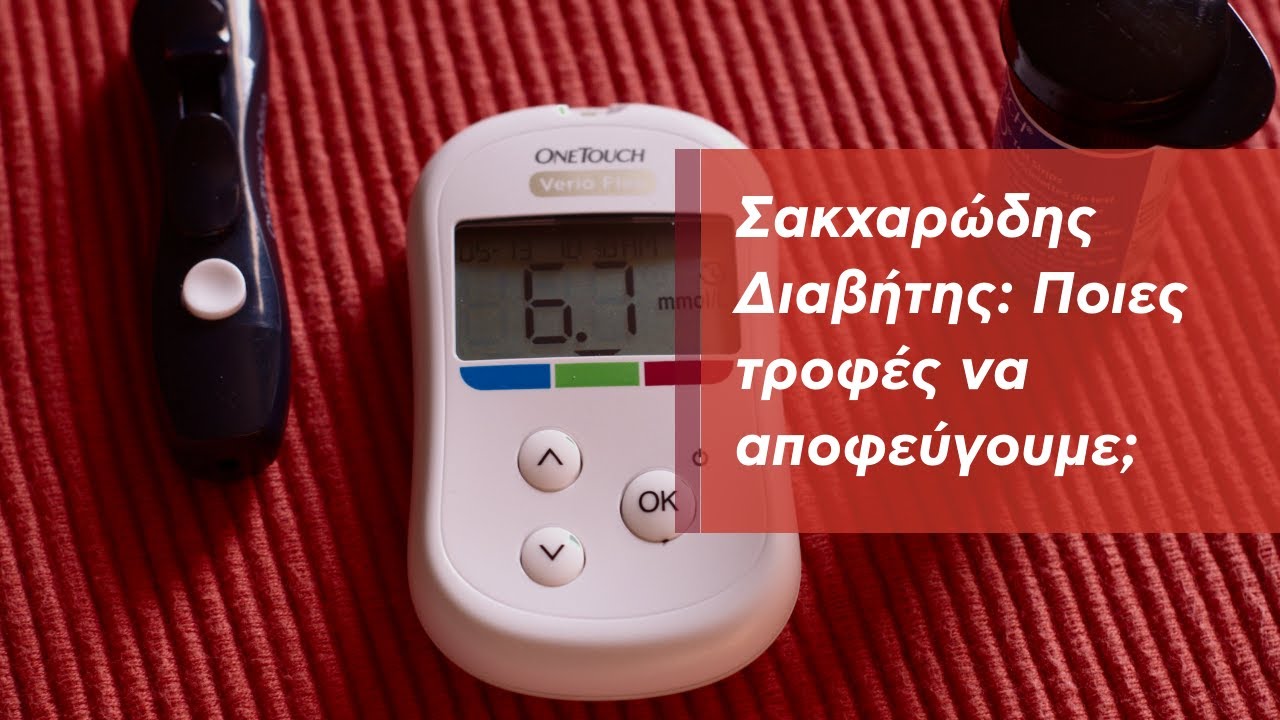
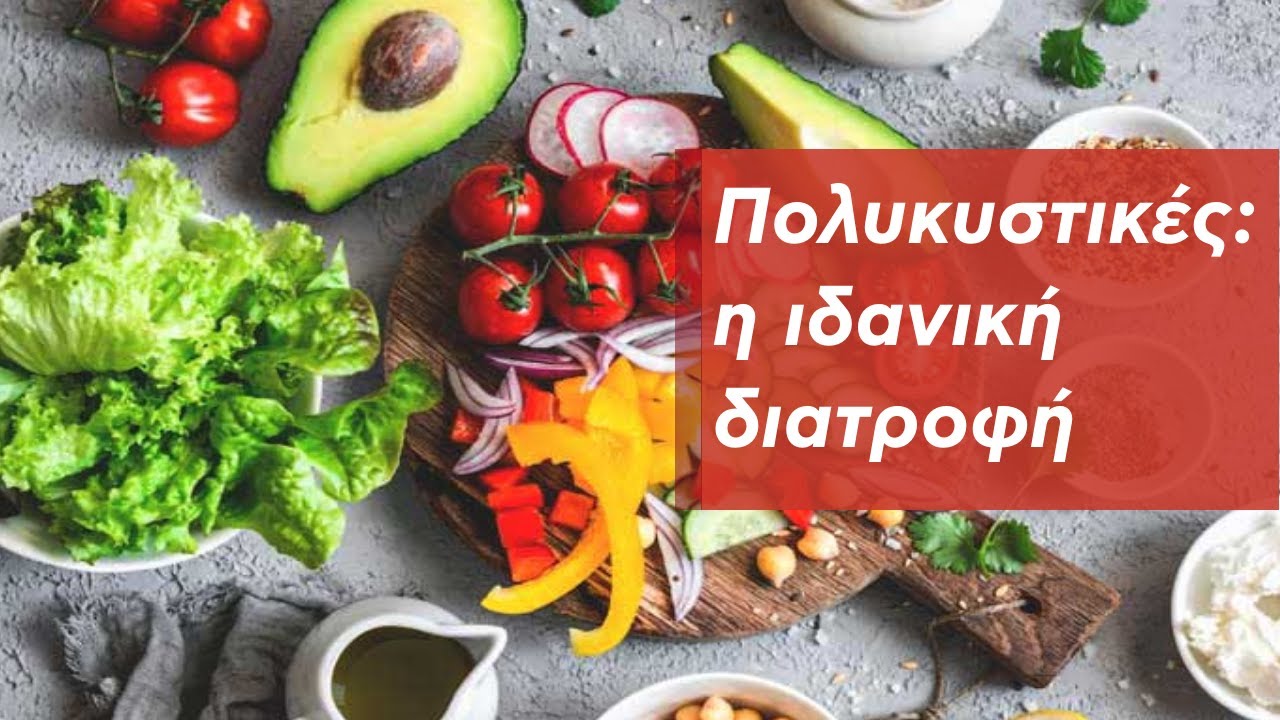


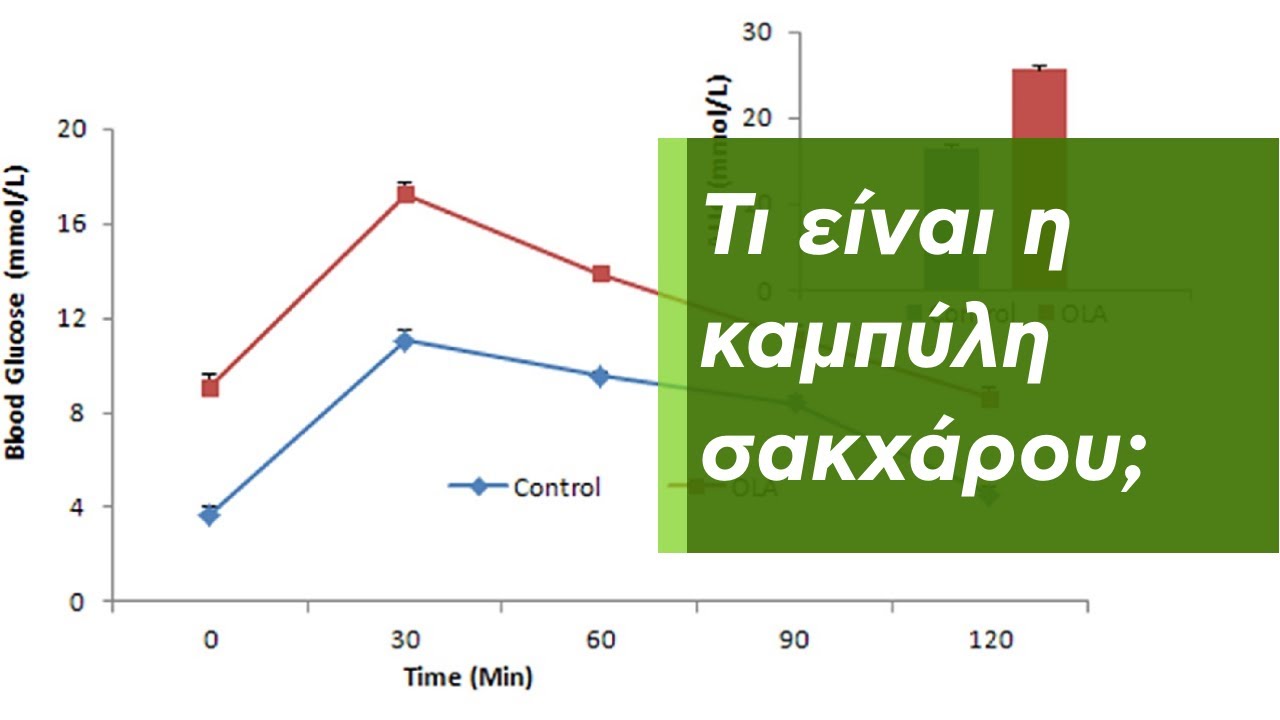
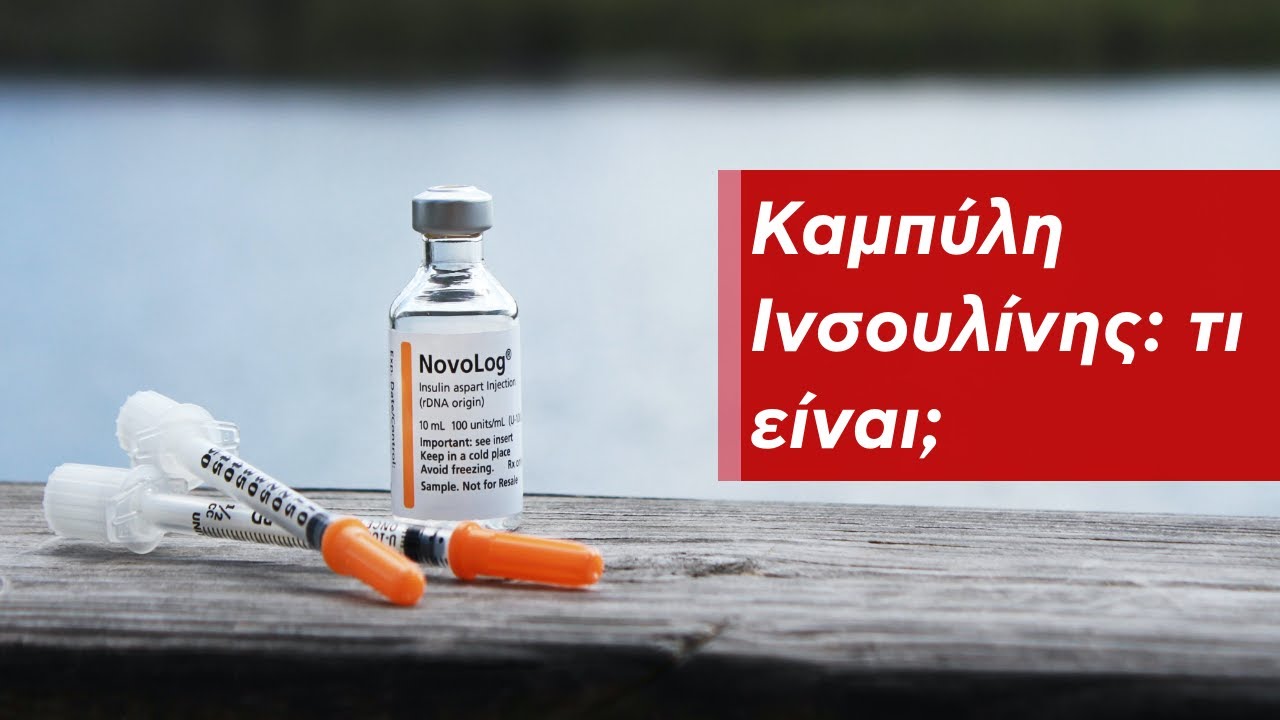
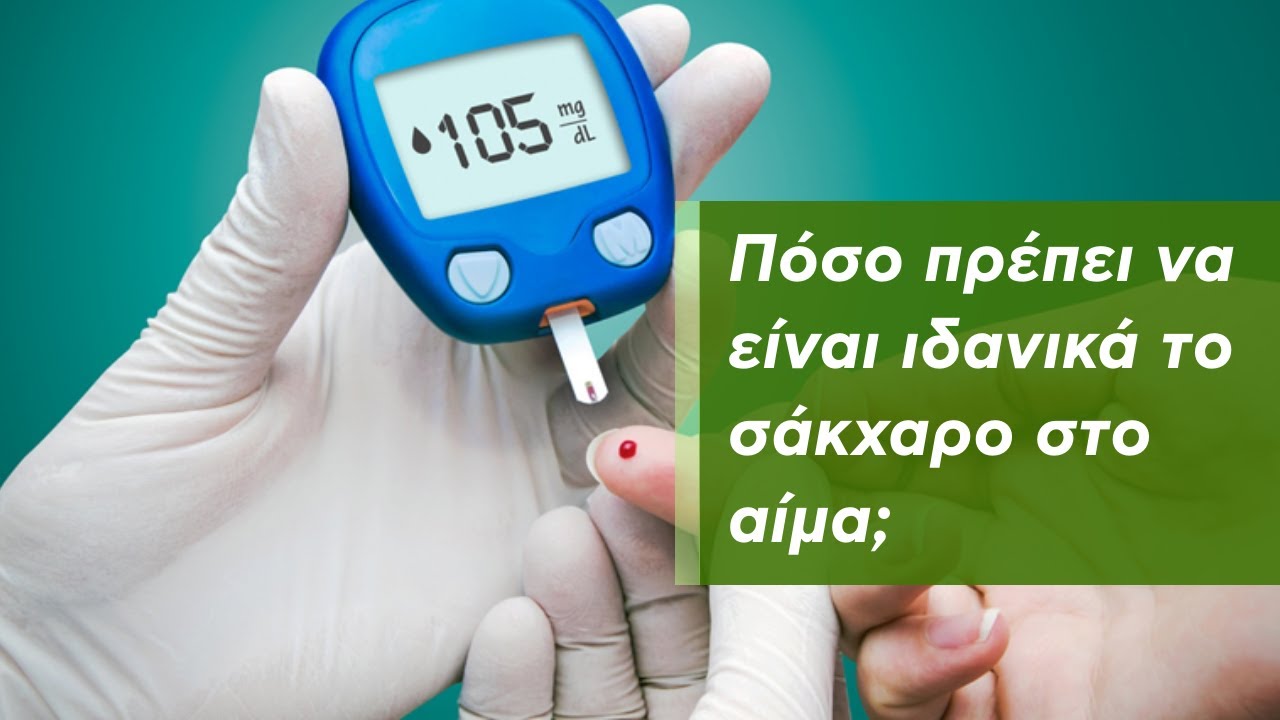
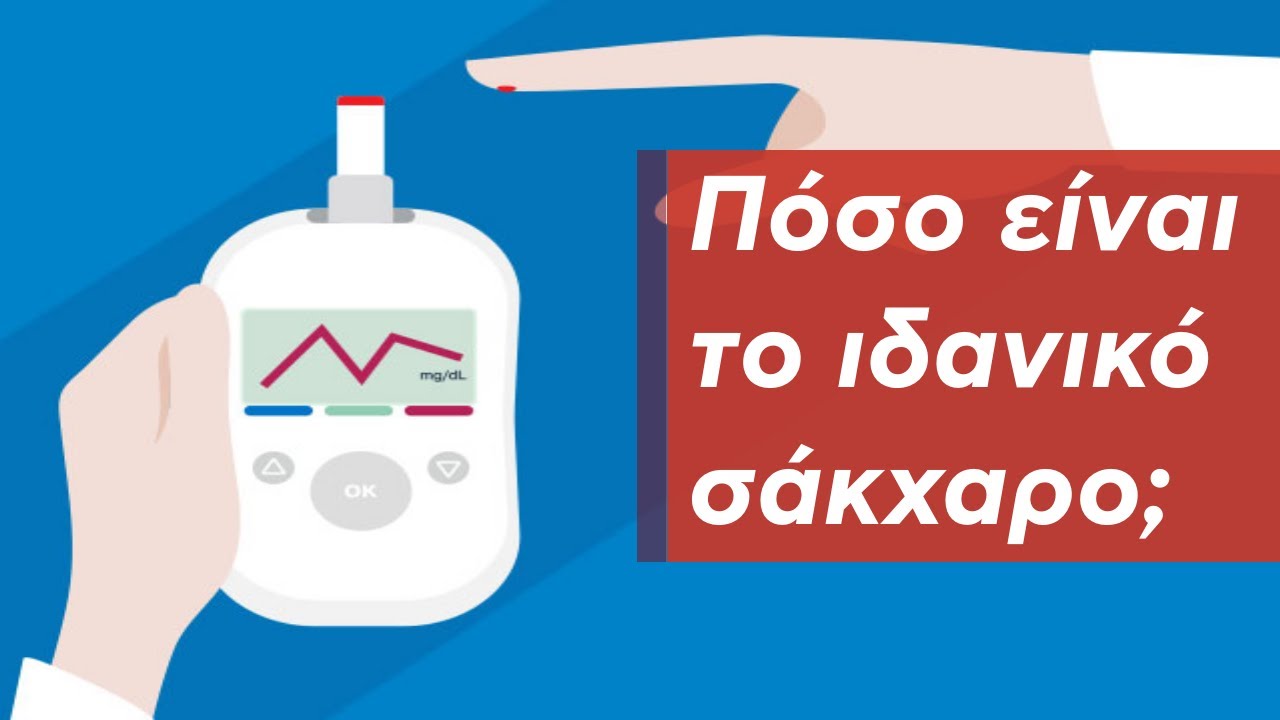


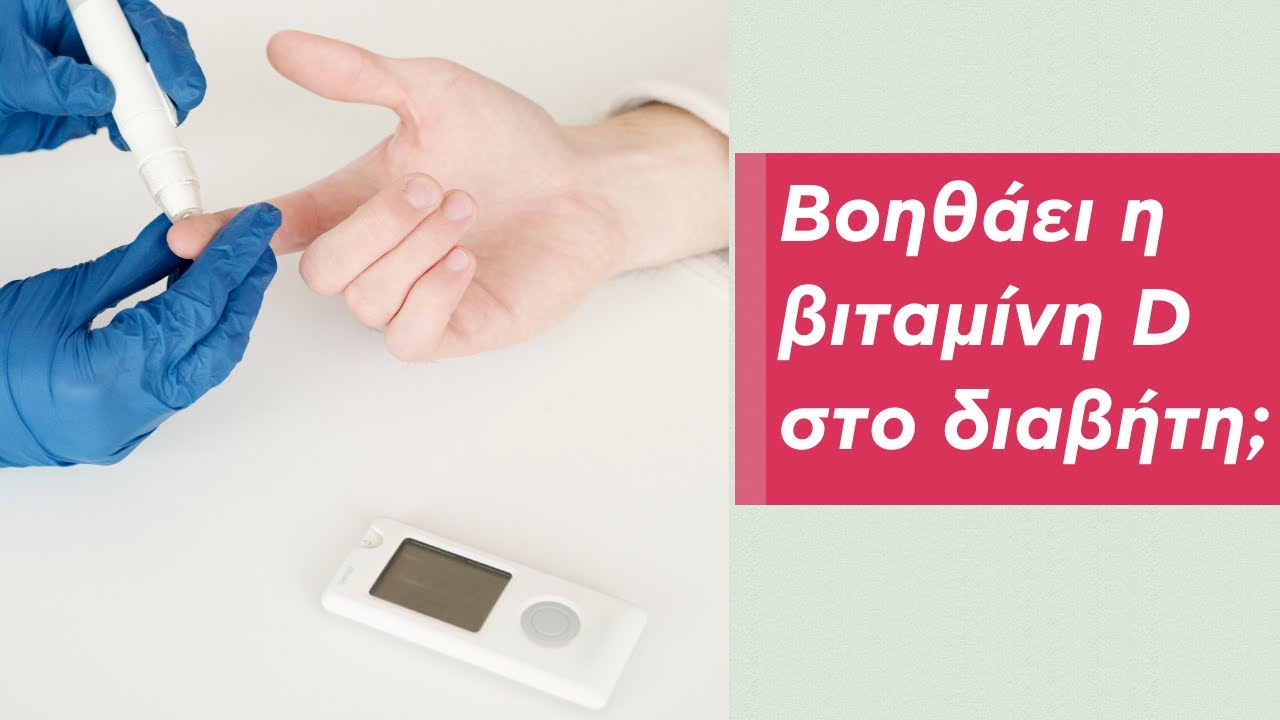


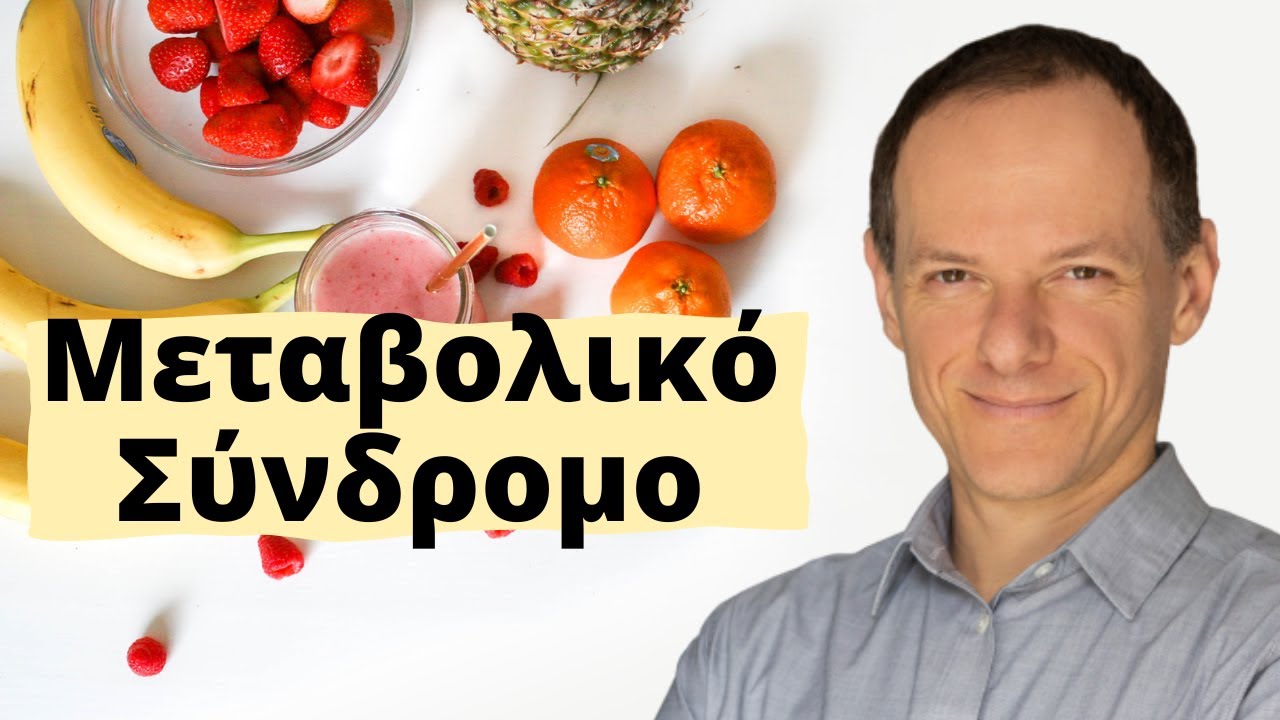










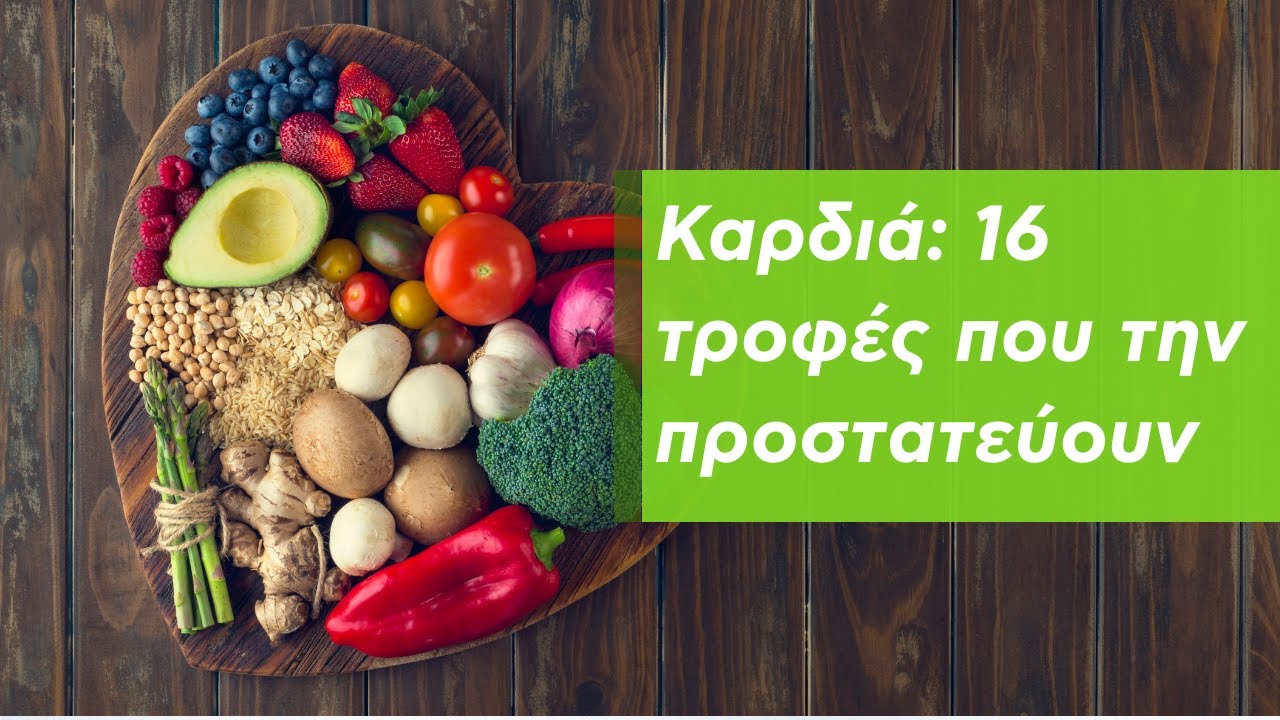
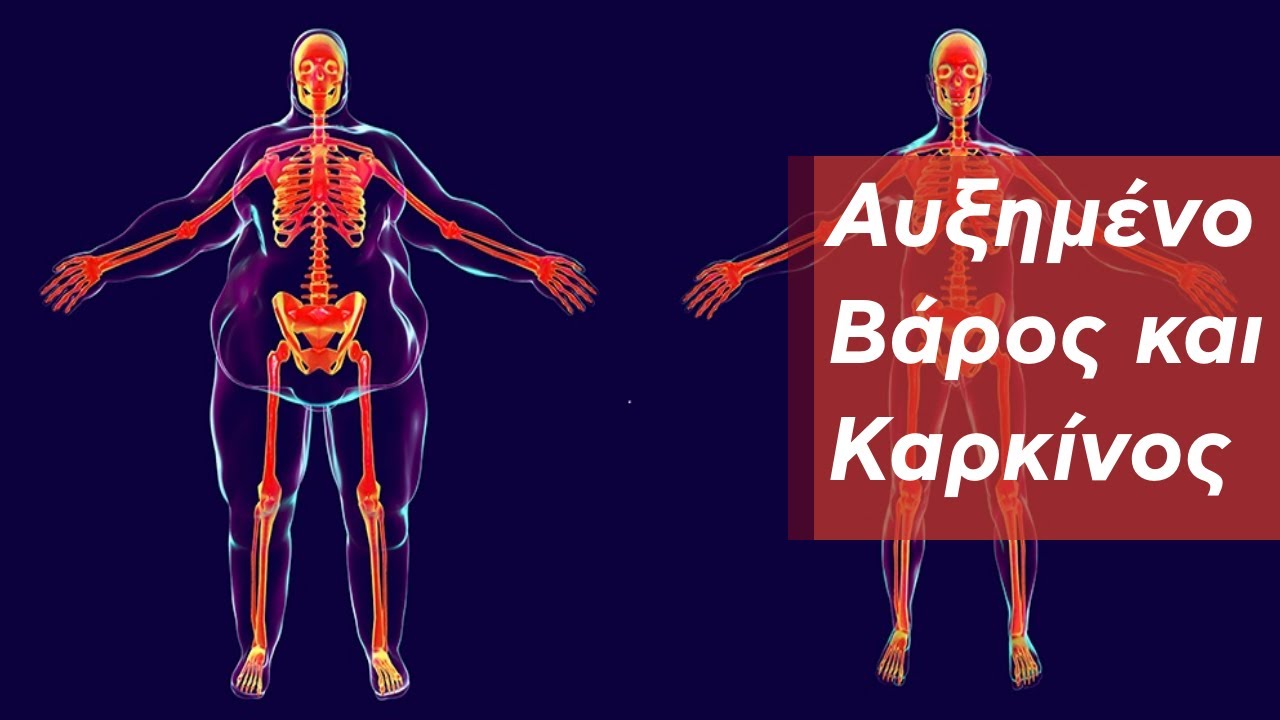
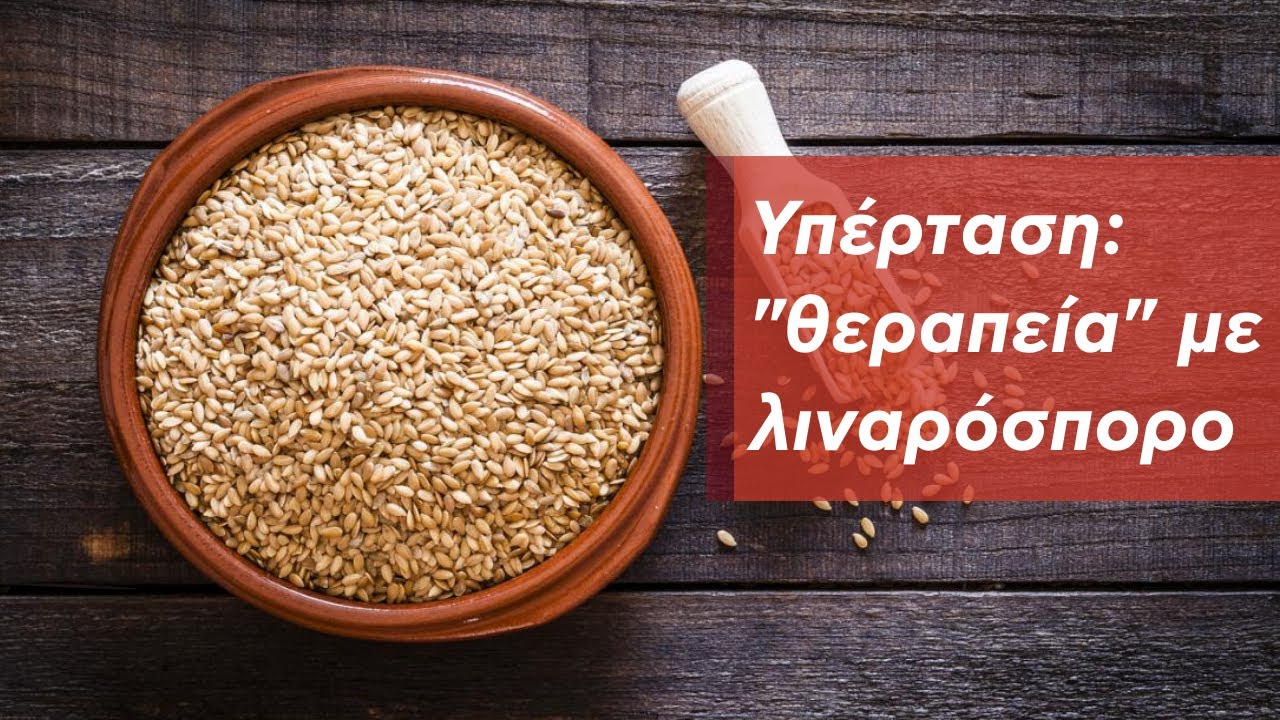
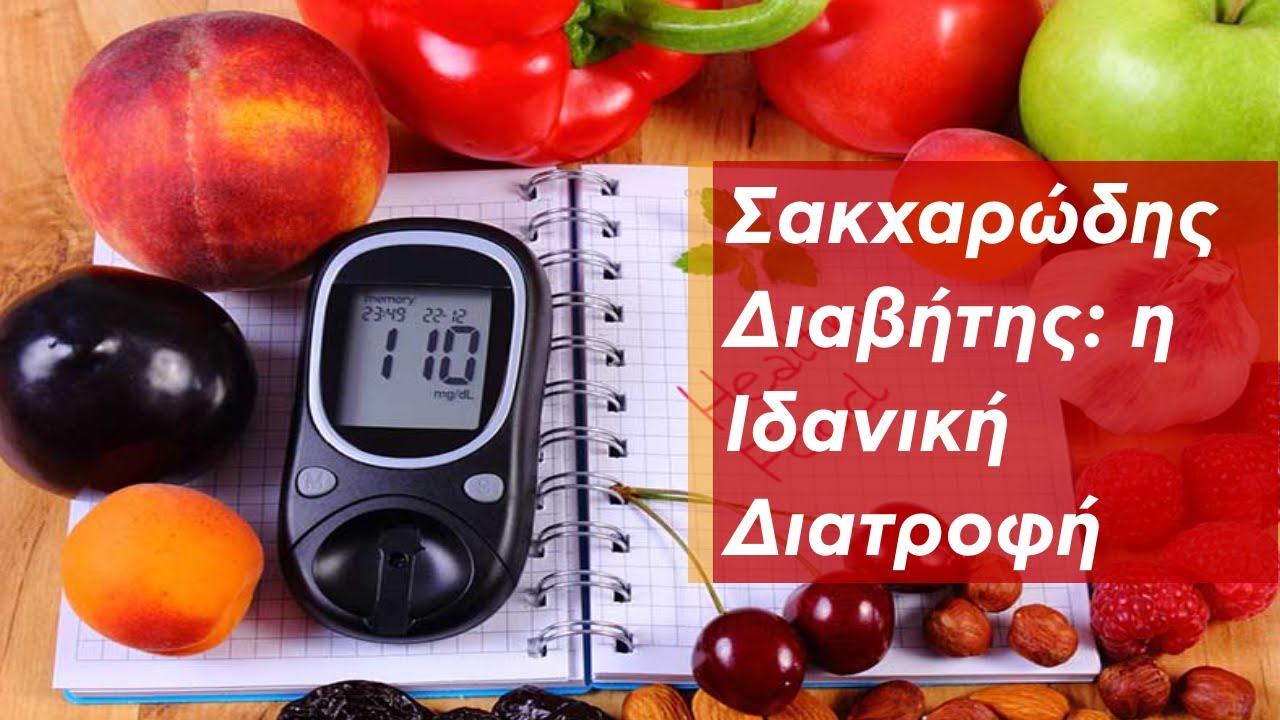













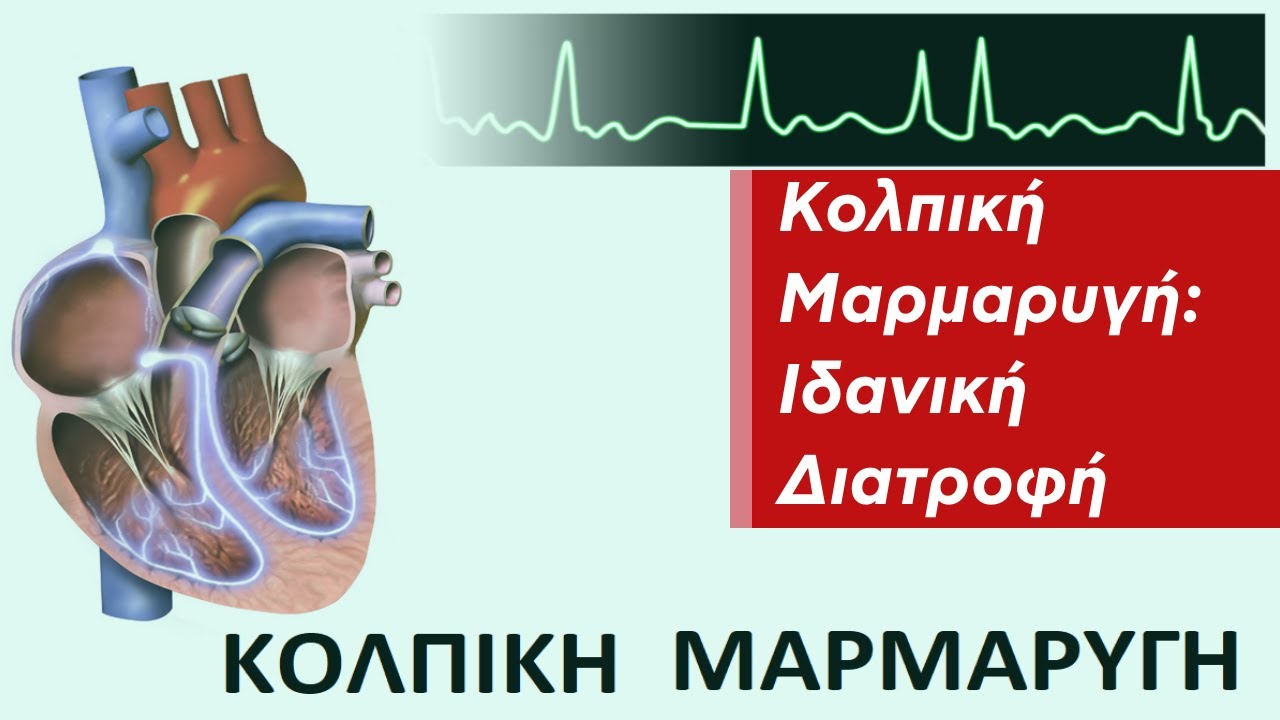







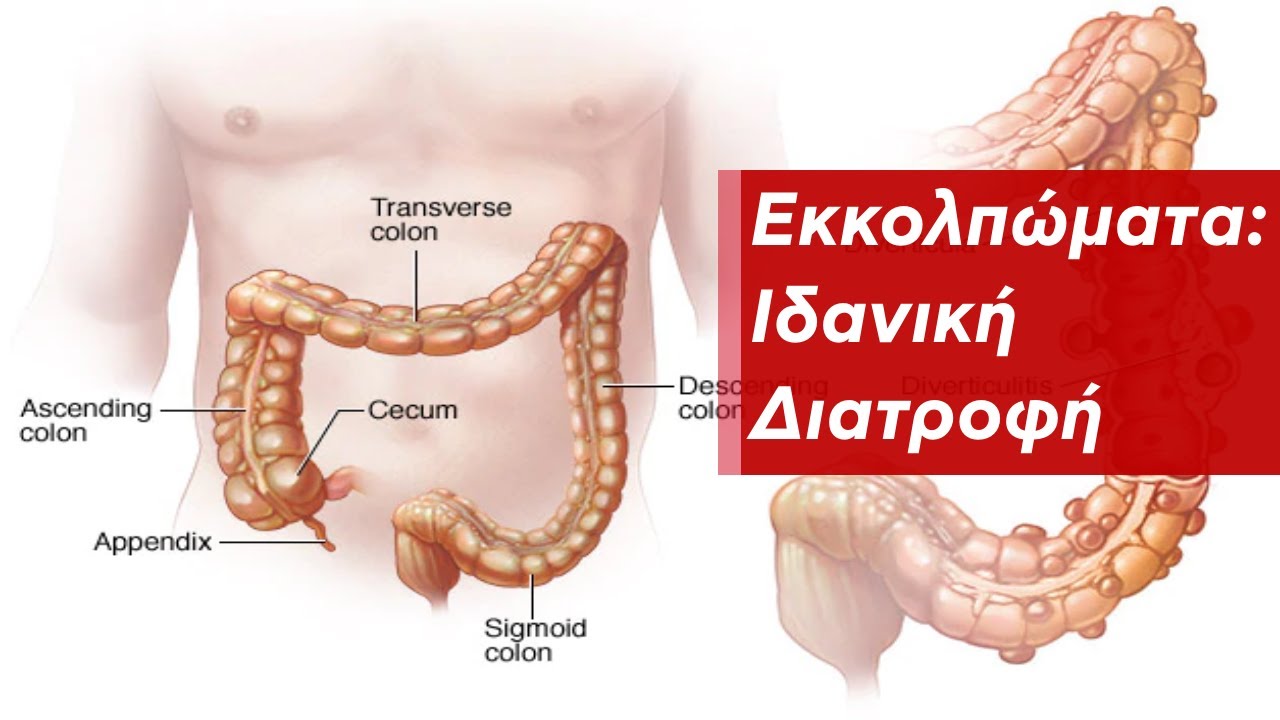


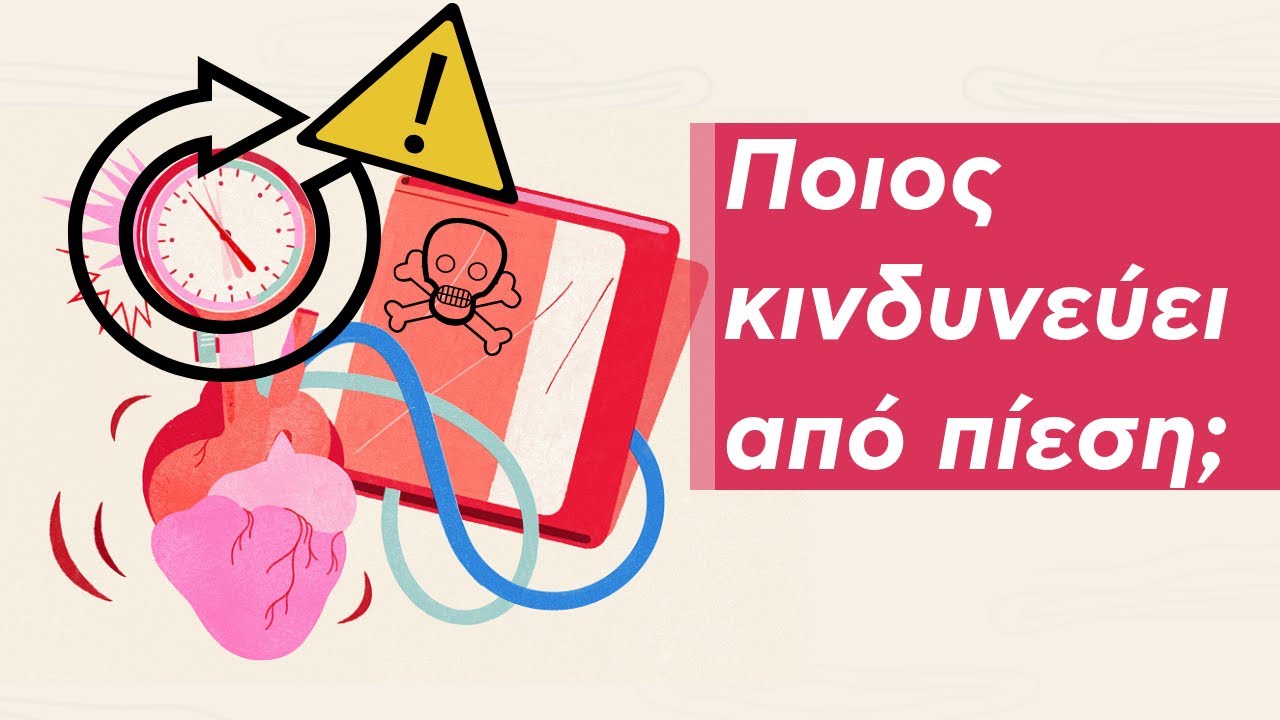
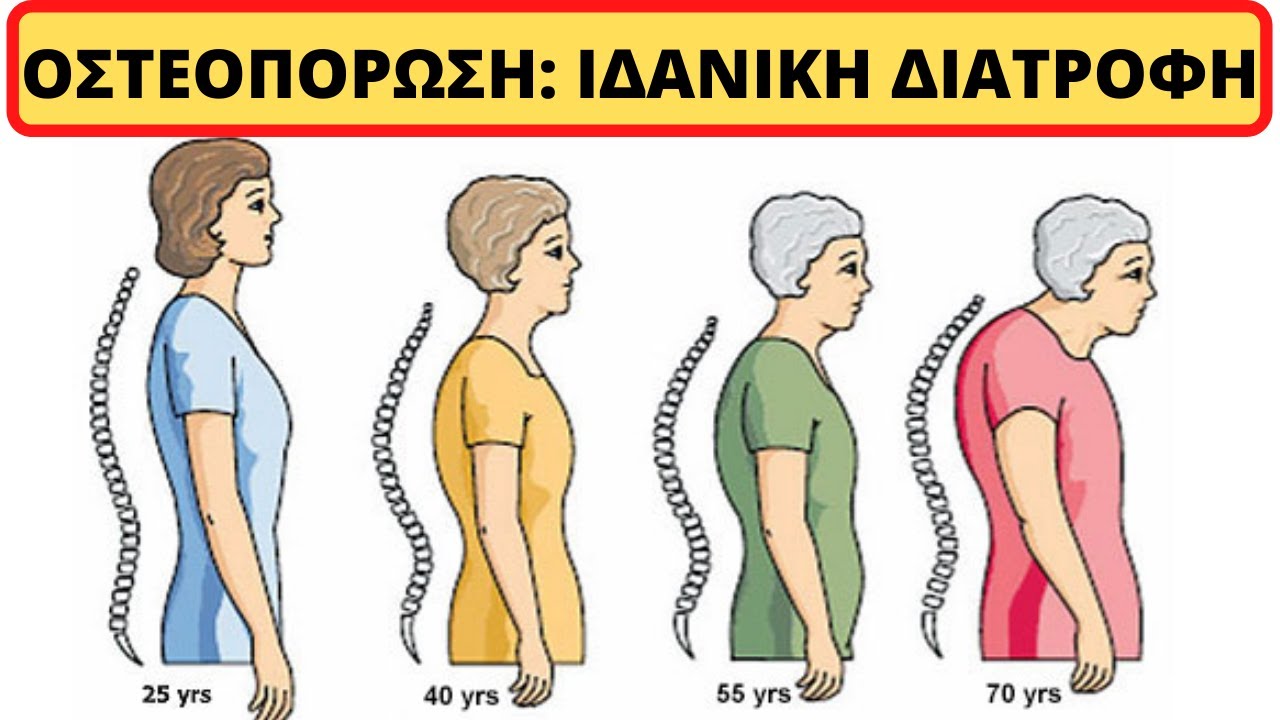


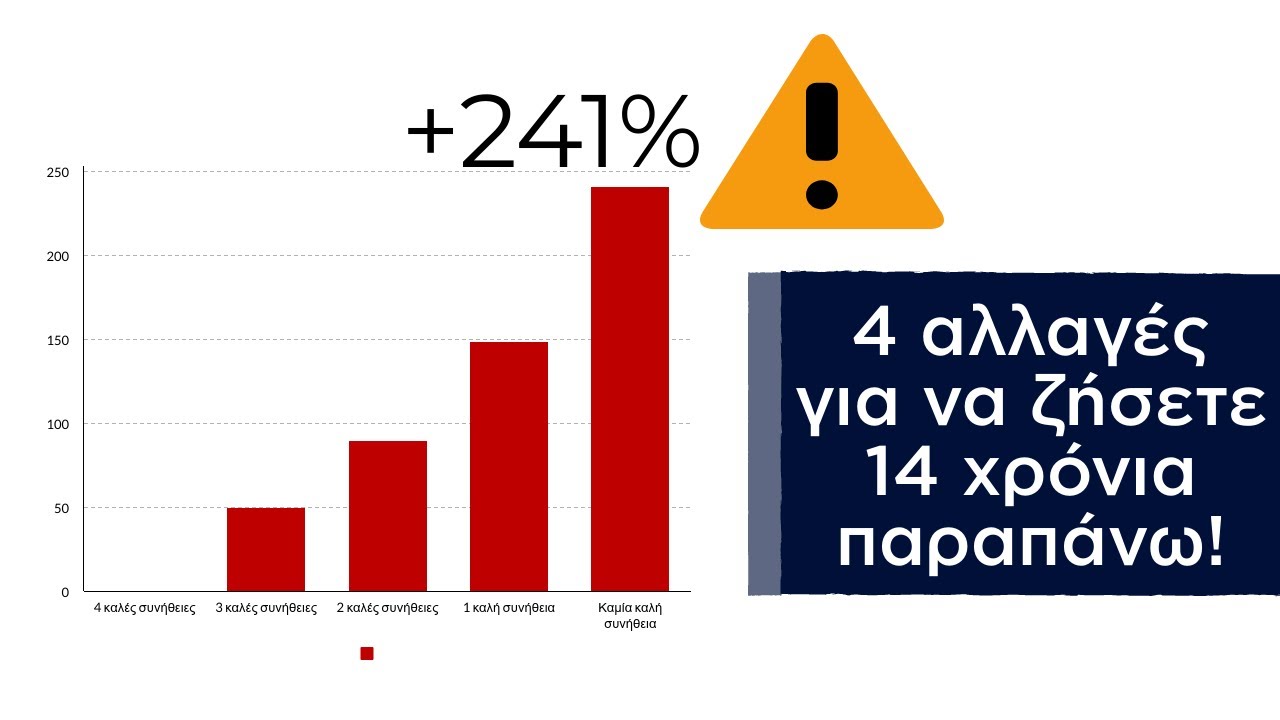
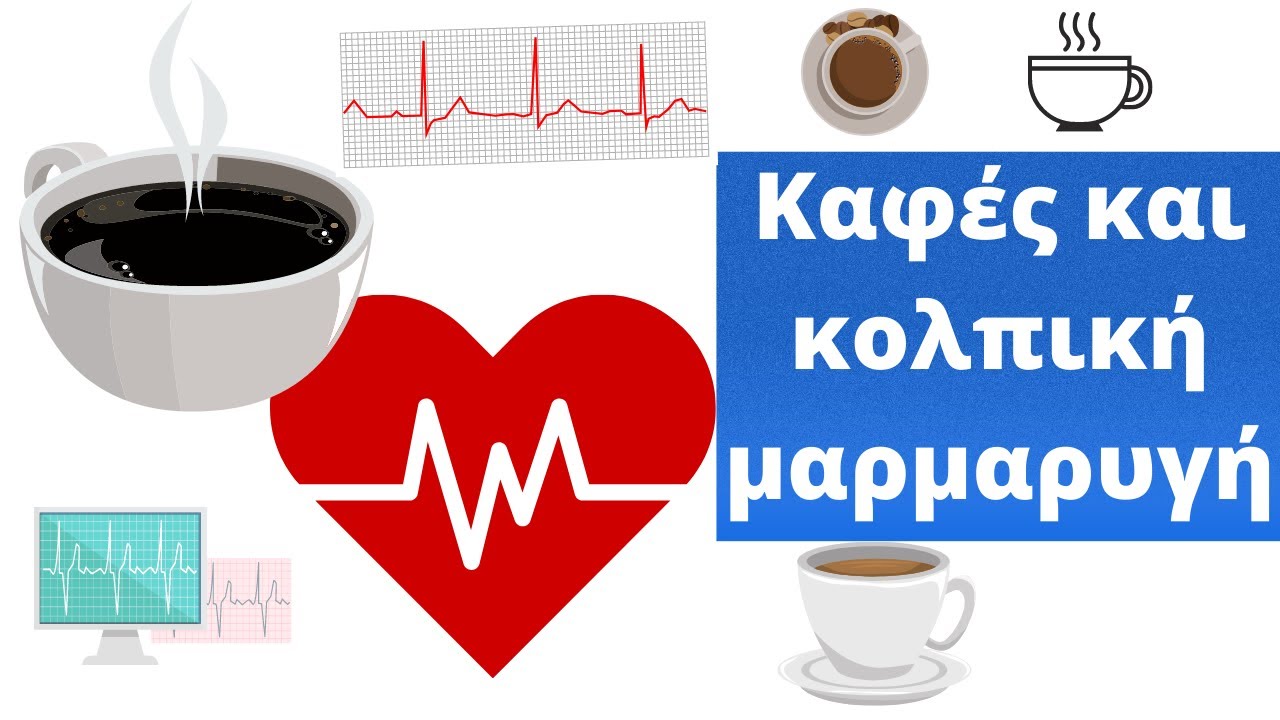
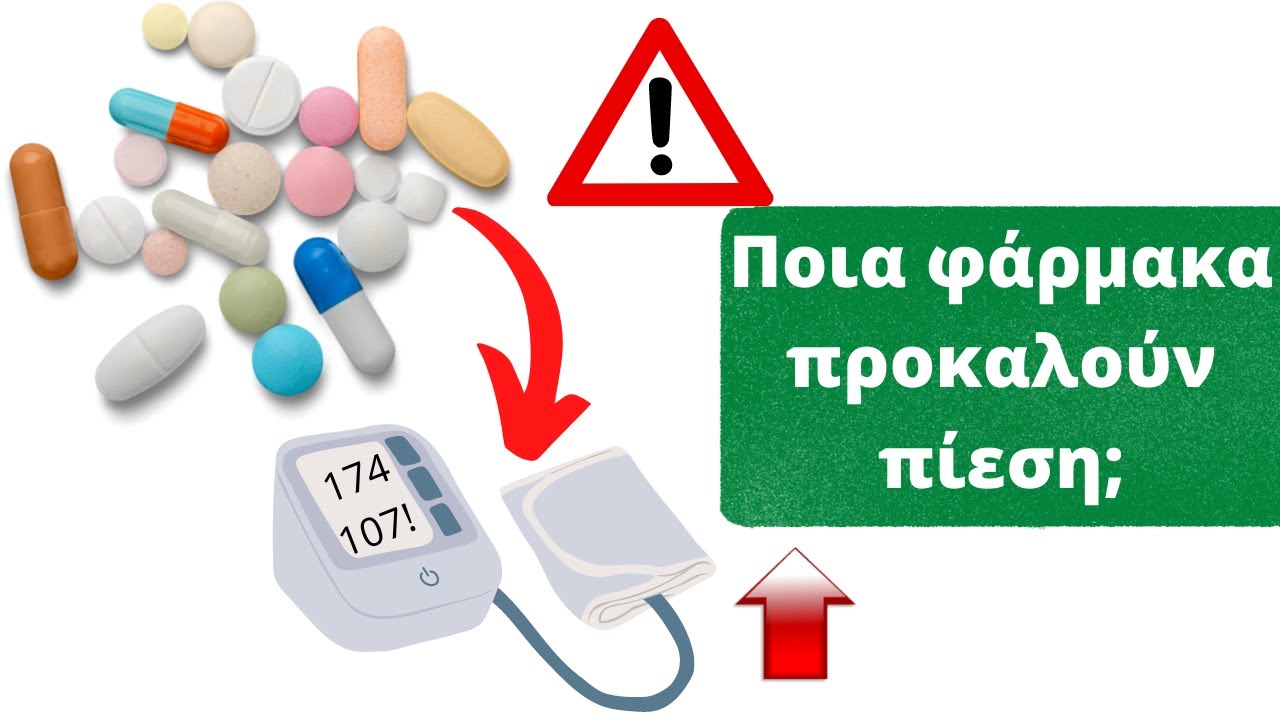




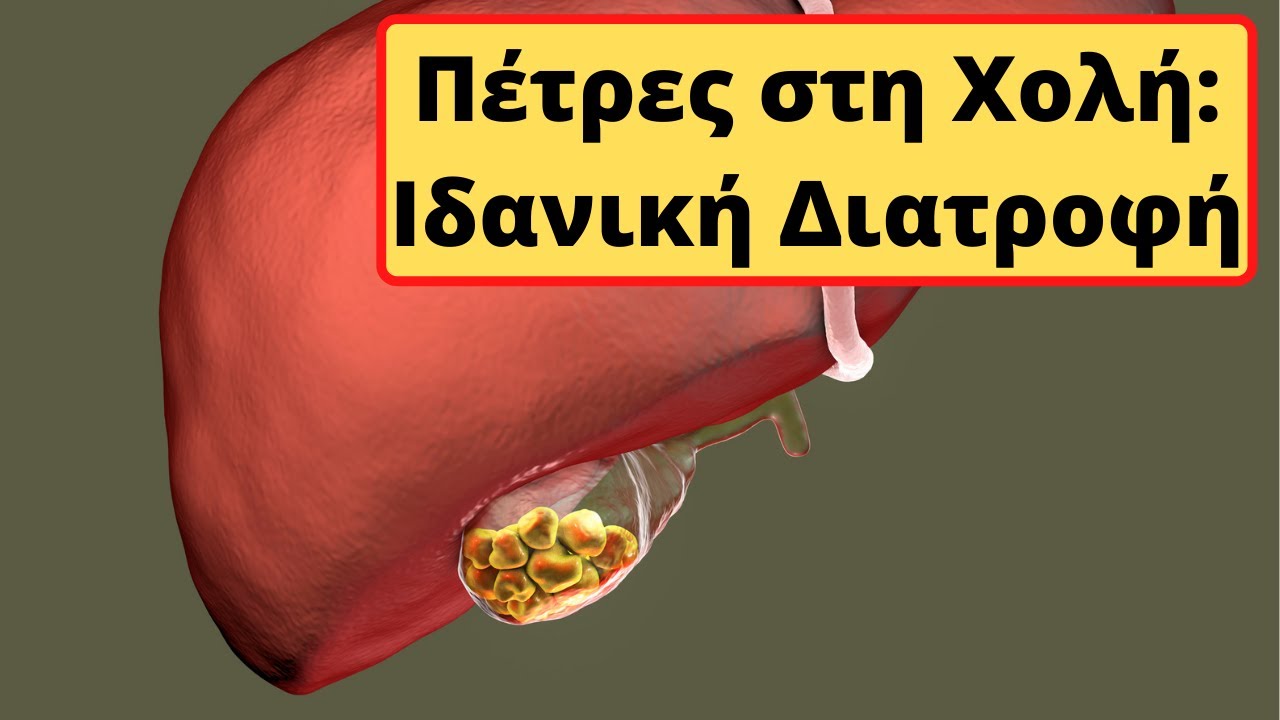

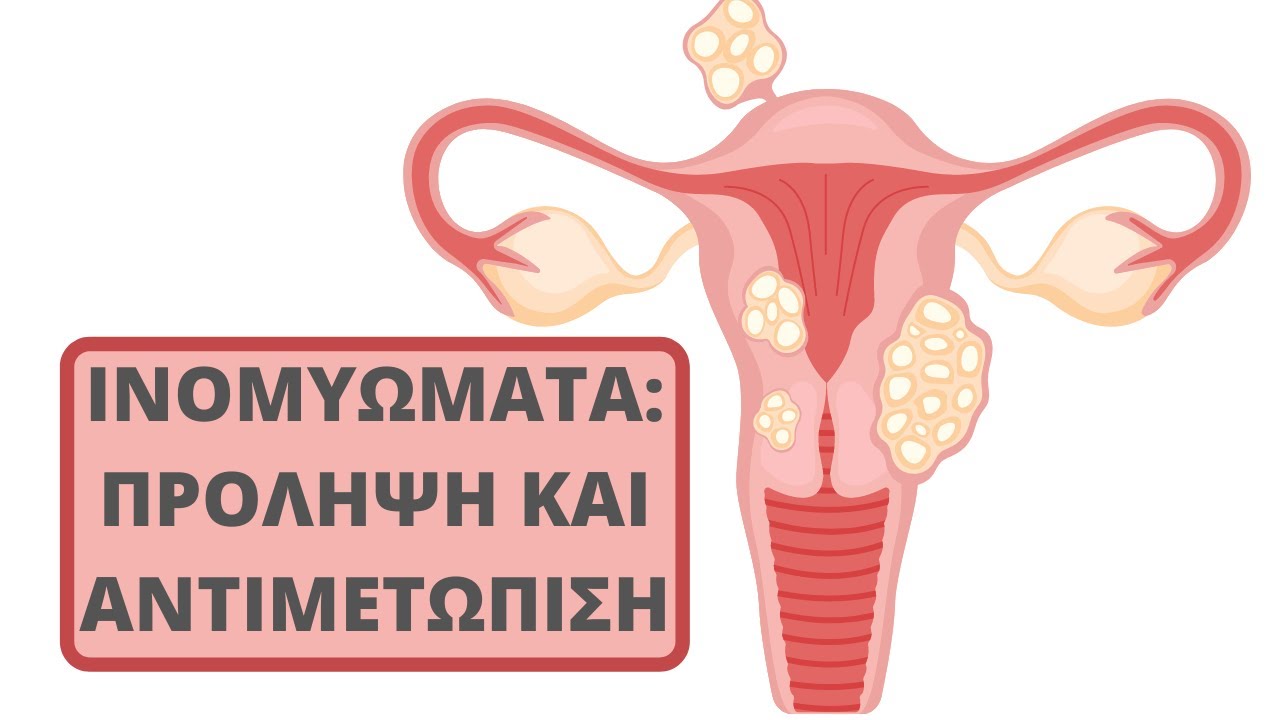
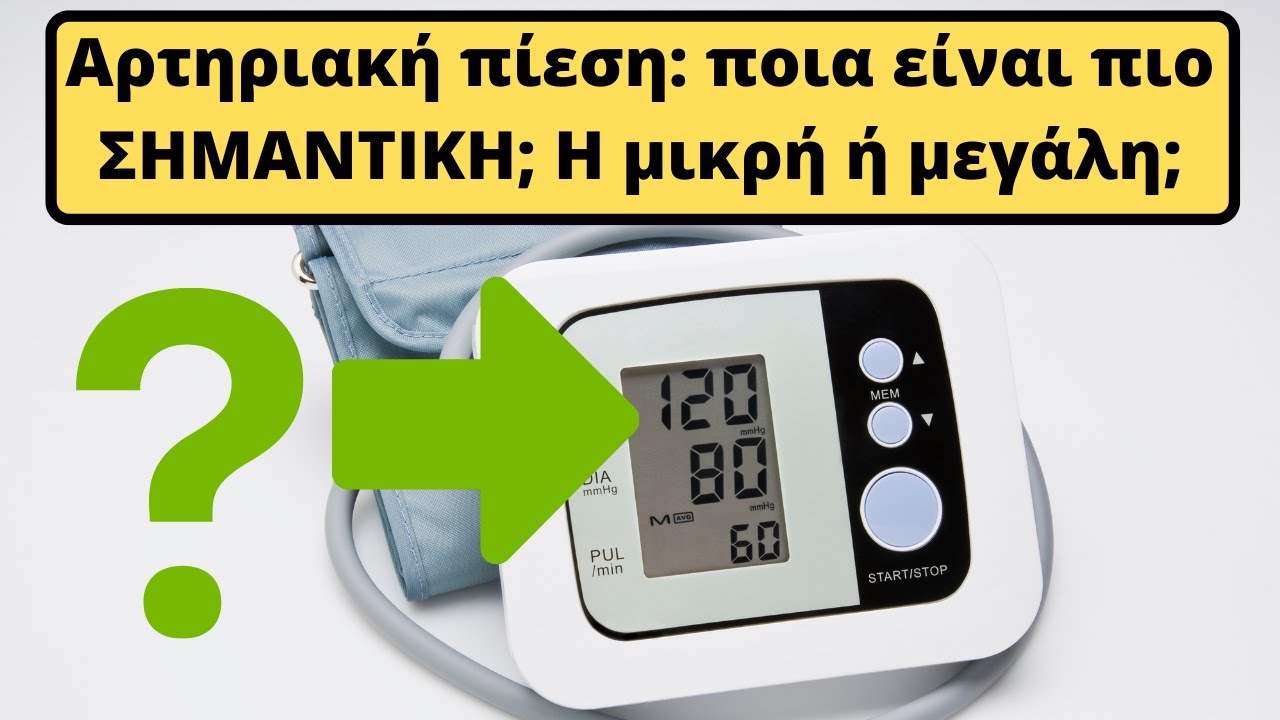





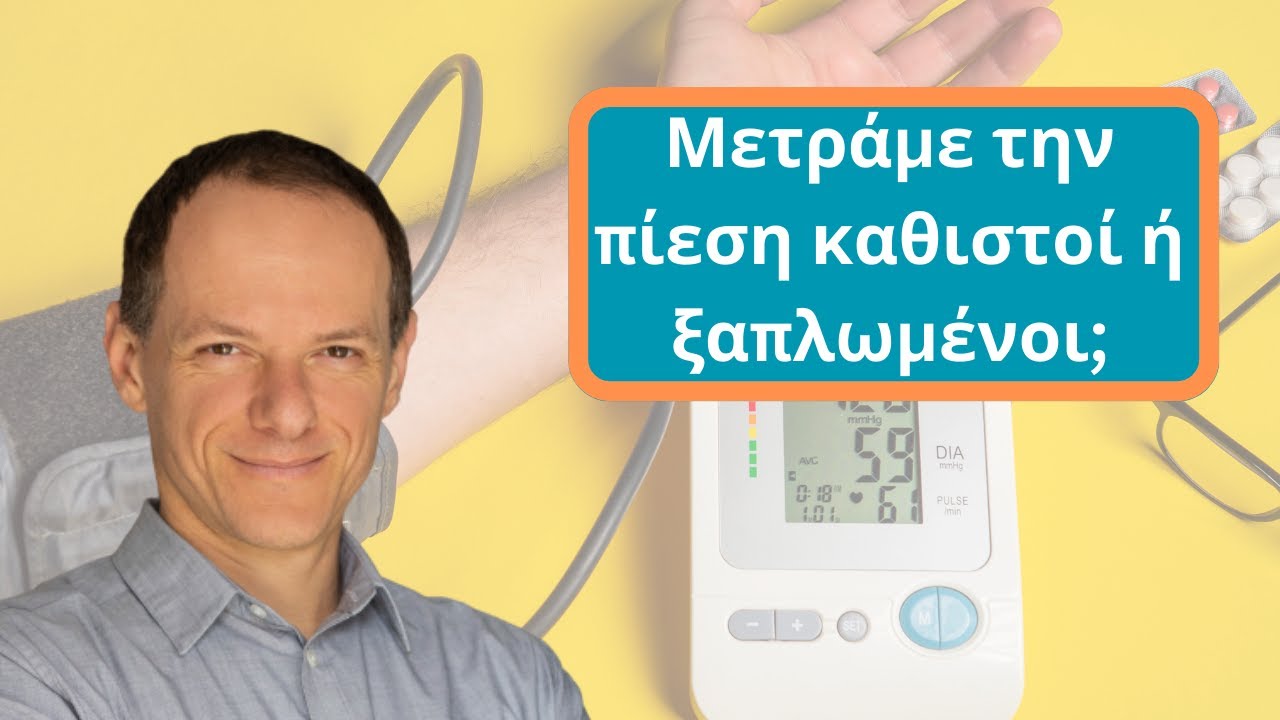

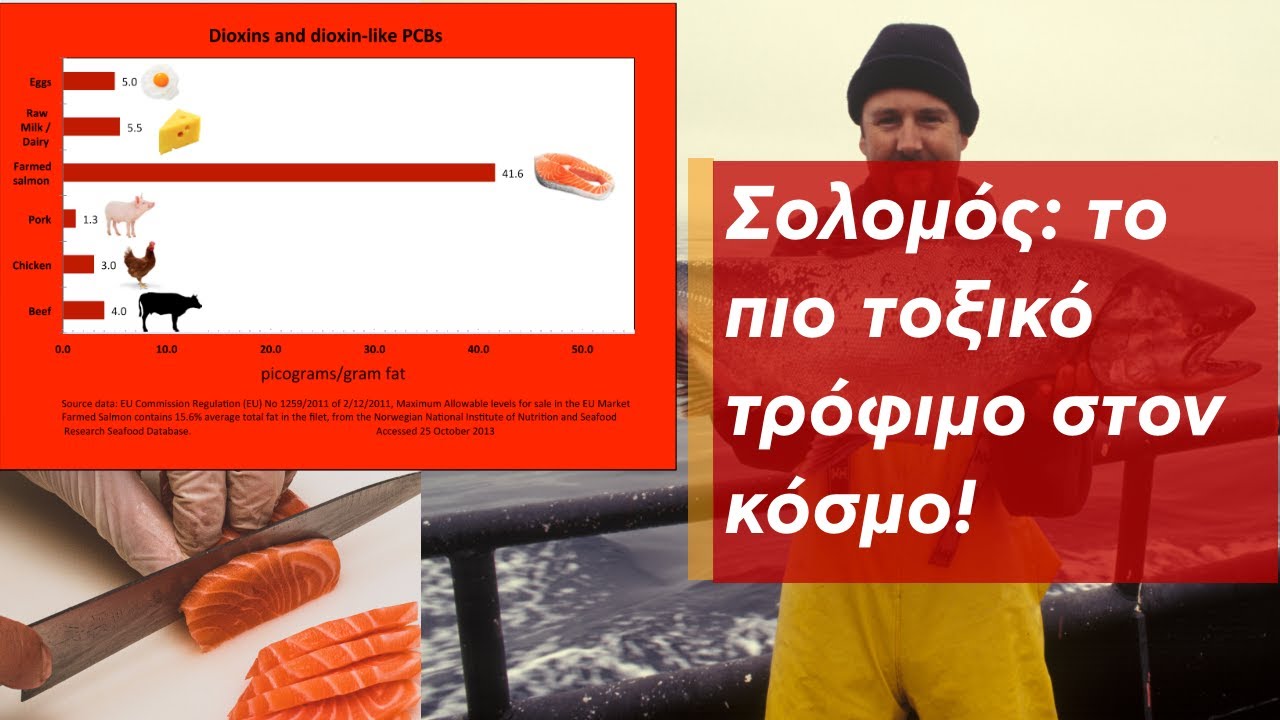





0 Σχόλια